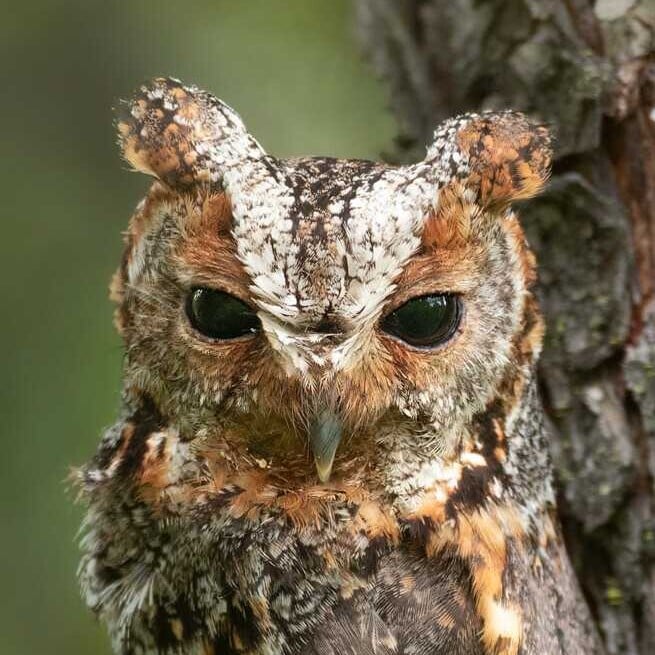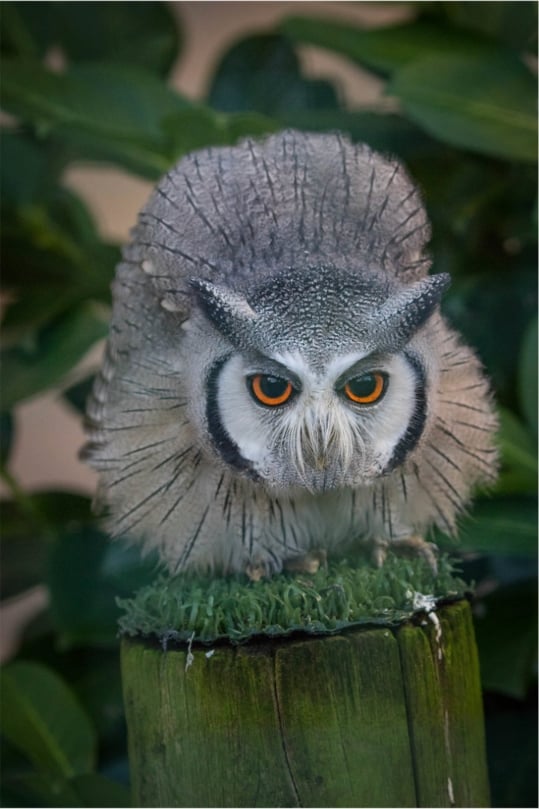Mainly just curious to see how many non-US people we have. I know some languages have more than one word for owl.
Where are you from, and how do you say owl where you are from, and what sound do they make?
Is twit twoo supposed to be UK English? That’s new to me.
Goes to show how often infographics can be not totally accurate.
Yeah
weour owls say “twit too woo”.Vic Reeves - “I was talking to an owl friend of mine recently, and he told me he just got married. I said, YOU TWIT TO WHO?!”
I couldn’t find a video of the joke, but I did see Vic Reeves was offered with Bob Mortimer. I felt like it was a joke I would have heard in Taskmaster!
It seems the Tawny Owl is the source of the sound.
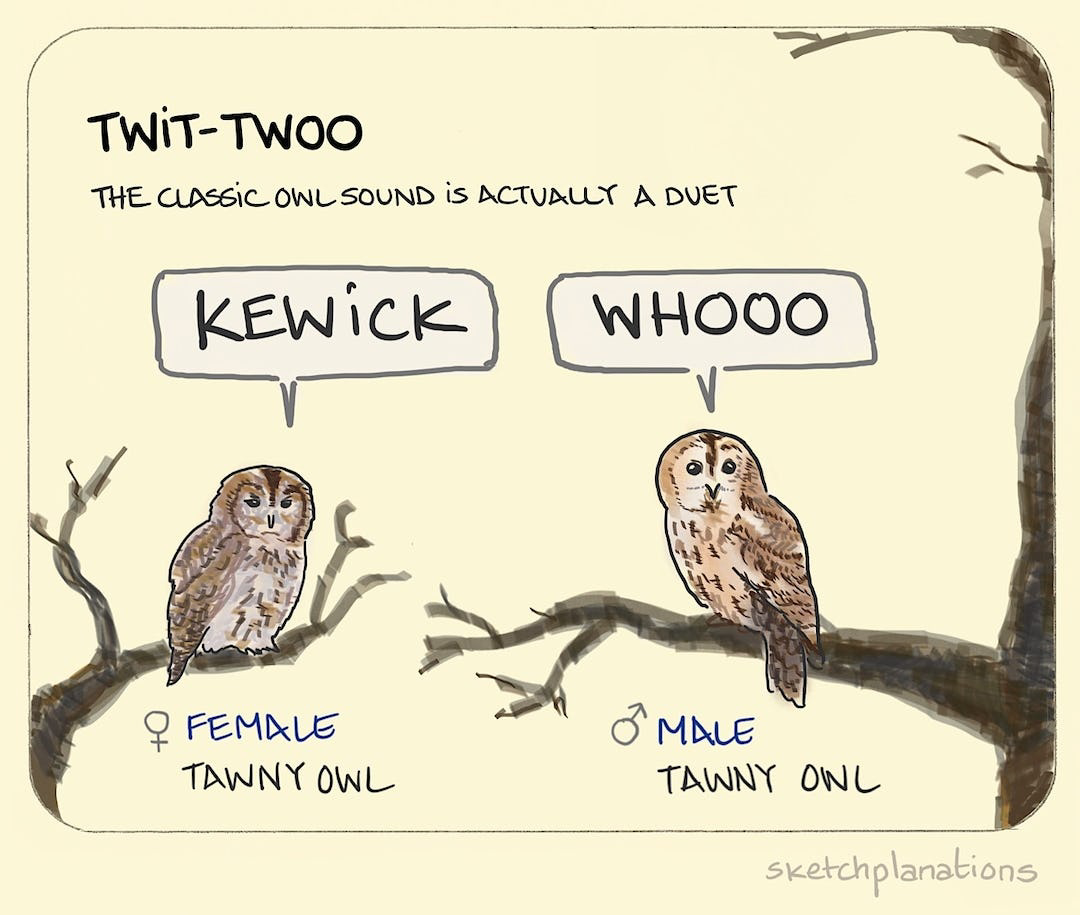
Yep
Native English speaker here: wtf is twit twoo?
Edit: Guess I’m just not British enough.
I finally got to hear it. It’s more accurate than I expected.
Yea, we just got “hoo” over here in the states. We were not top of the class for creativity I guess.
I’ve also heard “hoot”
Owls in Germany: UwU
The Long Eared Owl (Waldohreule) is the most common German eule!
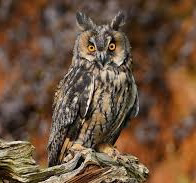
Lots of people complaining that the English example is too British, but nobody is telling me what sound American owls make!
In American English, owl sounds are typically called their “hoot”, so for example one would say, “I heard the owl hooting all night.”
If one were to spell out the sound, it might be a “hoo, hoo.”
Just realized I never posted an actual Tawny Owl, just the cartoon. So here are the real Twit and Twoo!
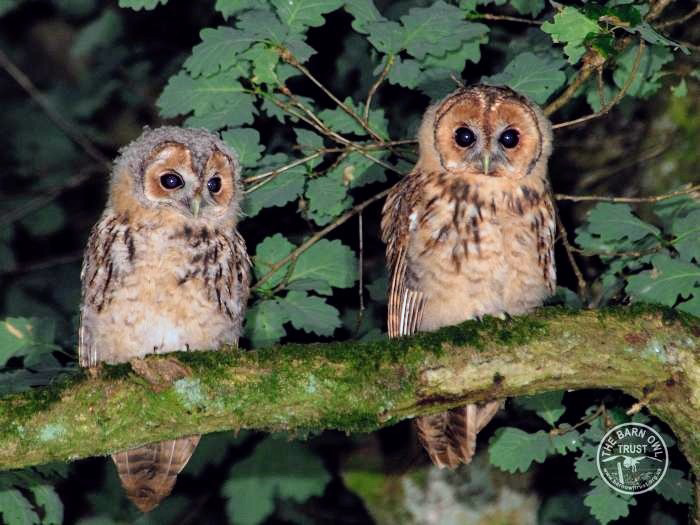
Makes sense, thank you for putting me out of my misery 😄
The
BarnBarred Owl also says “who cooks for you?” In America as well.Generally that’s a pneumonic for remembering the Barred Owl call, not the Barn Owl. Barn Owls actually have a call that’s more of a raspy screech.
But I’d say the majority of Americans wouldn’t know one owl call from another, haha. I’m into the outdoors so know a handful, but am far from an expert.
Shoot, you are right. My brain always tries to switch those 2 on me. Too much barred barn barararar… 🤯
I only hear the Great Horned Owls where I’m at. He’s a pretty easy one to pick out too. Hoo HOOoo hooo hooo hooo!
I just want people to specify which “English” people are referencing it when it’s a language related subject. I’m sure there is a ton of confusion when we gets Brits, Americans, Australians, Nigerians, and whoever else speaks this language natively.
My Irish coworker just told me about “pass the parcel” today, and while those words all make sense to me, I would probably never have worked out the meaniy that someone from UK would immediately understand.
I have now become a fan of the Twit Twoo, and I take back my original scoffing.
Yeah, this comic should probably have labels by nation, not by language.
Now I also need to know what you call pass the parcel!
Nothing! We have no such thing. The first thing I thought of was musical chairs mixed with a White Elephant gift exchange.
I see why you kicked the Puritans out, they really stripped the fun from everything!
I’m learning so much 😆
I aim not just to educate about owls…but to educate about life! 😂😂
In Spanish it’s usually just uuu. Funnily enough, the word for owl, búho, sounds pretty similar to the noise
I was hoping to hear the Spanish noise from someone. I studied Spanish for a bit in school and in Duolingo, so I learned búho, but never the noise it made.
I also saw there is la lechuza that I’ve never seen used, but it seems that’s more specifically a barn owl.
You didn’t say where you’re from, so I’ll stick with Spain, where the most common owl is the Little Owl, or Mochuelo Europeo. If you’re from somewhere else, I’ll find your correct owl also!
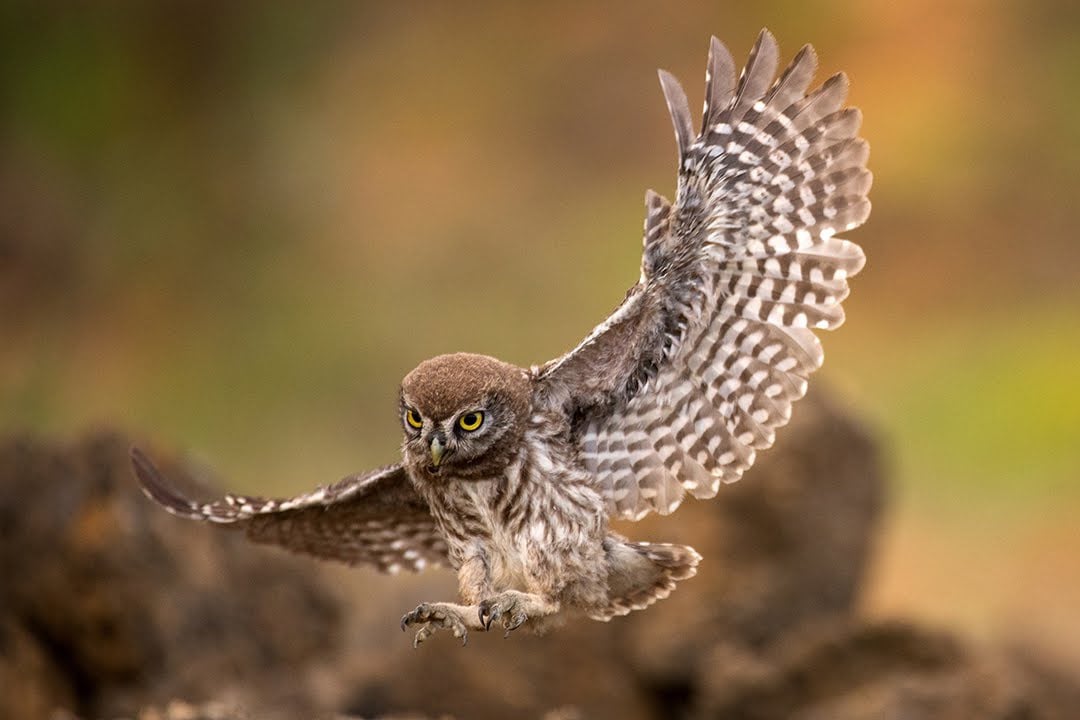
Literally nobody uses “twit-twoo” in English. I can only assume that everything else in the graphic is also bullshit.
I’m assuming British-English, not American.
You are indeed correct.
https://en.wikipedia.org/wiki/Cross-linguistic_onomatopoeias#Animal_sounds
Looks like this wiki is where that sound list came from, since there are other types of owl calls, maybe it’s referring some other call and not the “who who”.
sauce for the poster: https://chapmangamo.tumblr.com/search/owls
Thanks for linking the source. I did check the page out and I enjoyed the art style.
I found this video where you can clearly hear the twit twoo call of the Tawny Owl in the UK. Interesting it’s actually a female Owl call and a male Owl answering.
We just posted this at the same time. It sounded ridiculous written out and never having heard it, but I feel it’s as accurate as the typical “hoot” is. I think it’s also a little extra special since it is that call and response. I’m a fan of the twit twoo now!
LOL, Looks like you actually beat by a few min.
All good, just gives people 2 chances to see it!
Are Korean owls alright?
Lol I don’t know. The Japanese Scoops Owl lives there, and with his reddish eyes, he looks like a Screech Owl that’s been hitting the bu-ong!
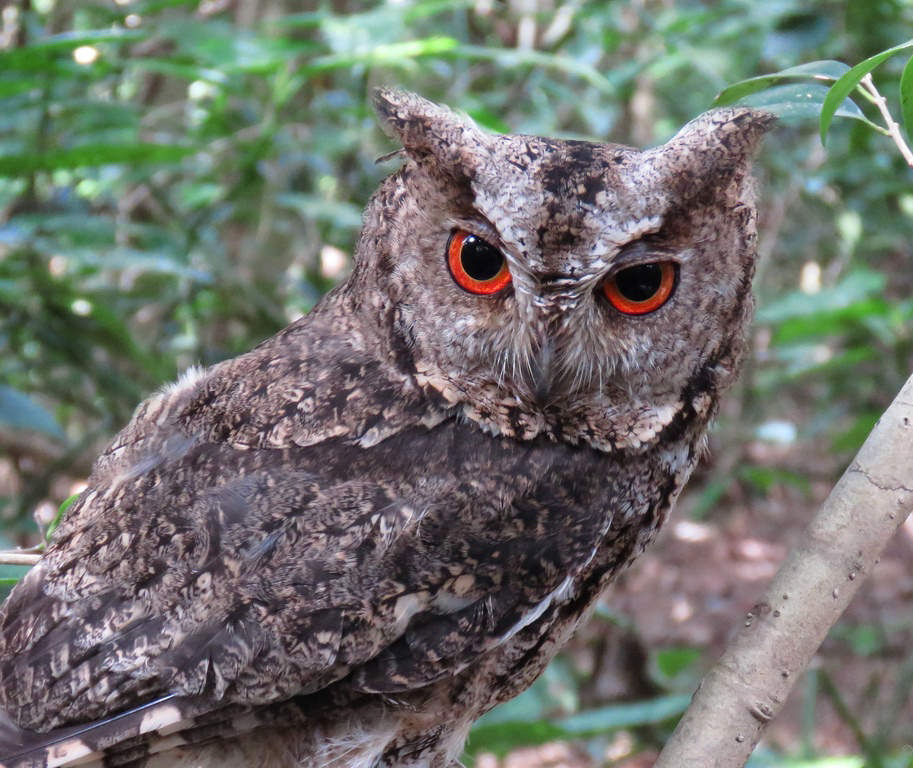
In méxico we use búho, tecolote and lechuza. The sounds they make are called “ulular” and it sounds like uuu-uuu (ooo-ooo in english)
The most common owl in Mexico looks to be the Barn Owl, or lechuza. There are some really cool pictures of the mythical lechuza witch lady, but for now, I’ll just post a regular lechuza. You should Google it though if you haven’t seen it before!
It seems Mexico doesn’t do very much to track owls or their habitats, especially the more tropical species, which seems to be a shame. I’ll have to research now into the owls of Mexico. They seem to have many different species.
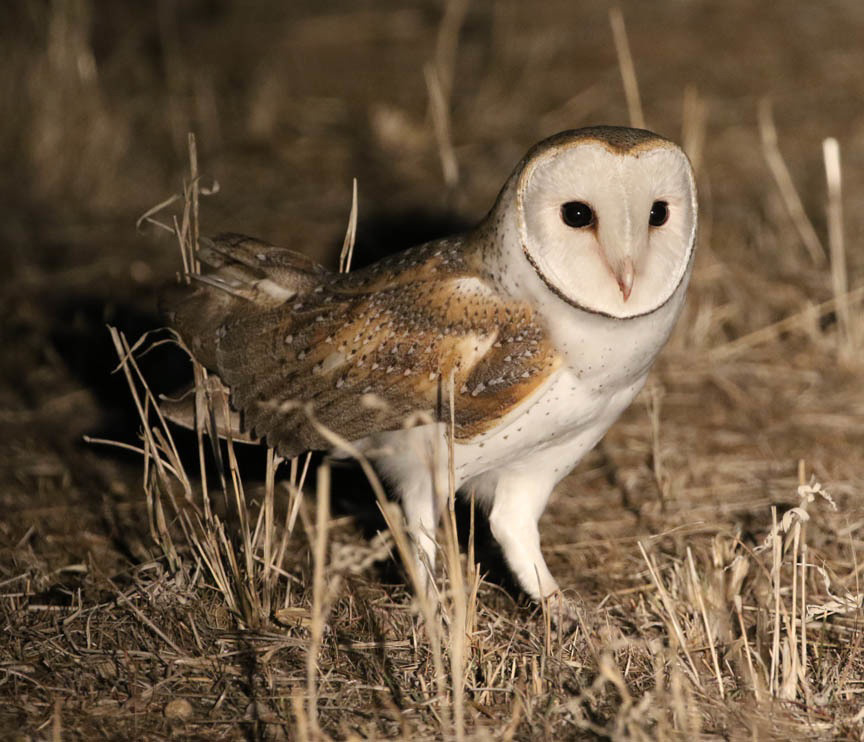
What’s wrong German owl, don’t cry :(
We turn them into glue :(
You had me scared you were being literal for a minute!

Adventure glue? Sounds fun!
In his famous Course in General Linguistics, Saussure uses a similar example to demonstrate that onomatopoeia are just as arbitrary as all other signs (words).
Because one could argue that onomatopoeia is where signs seem less arbitrary. After all, those words try to reproduce a seeming objective reality, namely an existing sound. In this case, owls’ hoots. But this image shows that’s not the case, just like Saussure argued.
This post has branched out in so many directions!
I’ve never heard of Saussure before, so I found a quick summary of what you said and it seems to say we simplify a lot of things into something good enough so we don’t need to reinvent our languages to have everything make perfect sense.
I enjoy things that make different cultures unique, and this becomes a more interesting thread with every post so far. I’m learning so many things from you all on a little owl post. But owls have represented wisdom for many people for a long time, so I guess it is fitting!
In Polish ‘sowa’ is owl, and it goes ‘hu-hu’, but if you hear an owl and want to mention it to somebody, you tend to say ‘sowa huczy’ (in the appropriate tense obv) which is ‘the owl is hu-ing’.
Thanks for adding another to the list!
Poland’s most common owl is the Tawny Owl, or Puszczyk Zwyczajny.
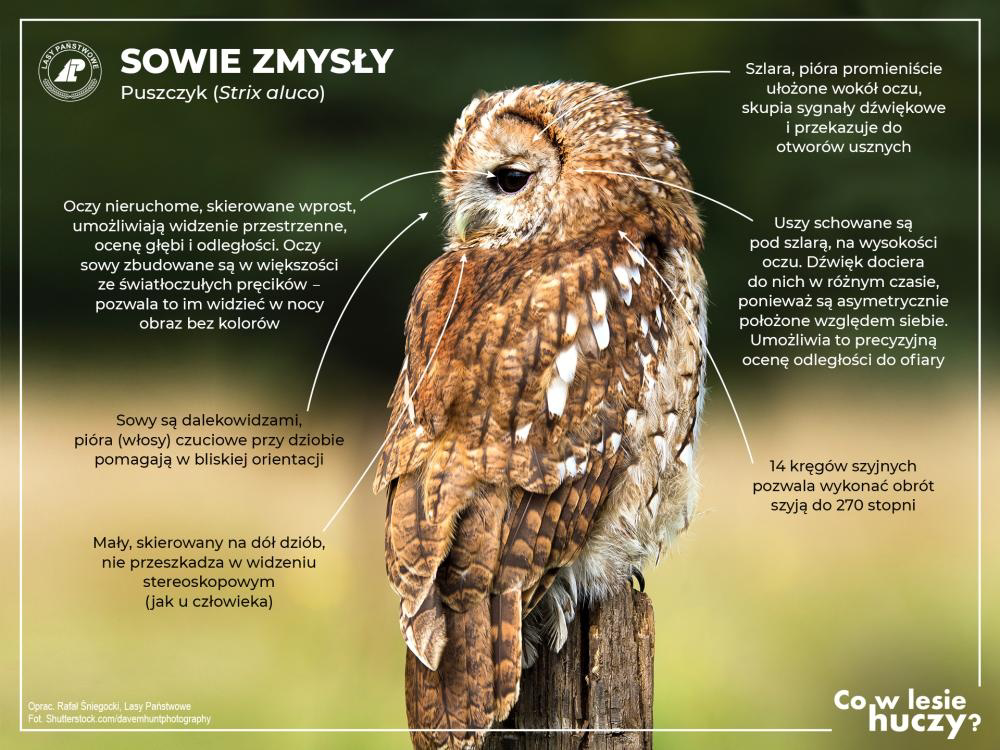
It’s “Hou” in french prononced smthing like “uu” in english. Do you know the famous song ?
“Dans la forêt lointaine,
On entend le coucou.
Du haut de son grand chêne,
Il répond au hibou.
Coucou ! Coucou !
On entend le coucou
Coucou ! Coucou !
Dans la forêt lontaine,
On entend le hibou,
Du haut de son grand chêne,
Il répond au coucou.
Houhou ! Houhou !
On entend le hibou.
Houhou ! Houhou !
On entend le hibou.”Yay! I was wondering where all my French speaking people got to since that is what started me being interested in this.
Le hibou is an owl with egrets on its head (feathers that look like “ears”), la chouette is an owl without egrets.
I knew Spanish worked in a similar way, so I was curious what other languages differentiated, since in English, all our owls are just “owls” unless we’re calling them by their species.
Do people still differentiate hibiu/chouette or are the used interchangeably?
I had never heard the song before, but it was very cute!
In the Faraway Forest (English) In the faraway forest You can hear the cuckoo From the top of the big oak It answers the owl: “Cuckoo, cuckoo”* You can hear the cuckoo.
French people definitely make the difference. Maybe, they won’t know which it is in front of an exotic owl that does not look like the hiboux and chouettes they know but most of the time, they won’t be confuse. The eyes, the beak and the general form of the face is pretty different.
Forgot to post your owl. I thought I had read before France’s most common owl was the Little Owl, thechevêche d’Athèna, or the European Pygmy Owl, Chevêchette d’Europe, but now when I search, I get a few different opinions. Some people also seem to use the Little Owl and the Pygmy Owl interchangeably. It’s hard to find French owl info in English! I already posted the Little Owl for Spain, and the Pygmy Owl looks similar, I’ll post the Boreal Owl, nyctale de Tengmalm, for you. He looks like a Saw-whet owl’s body with a Little Owl’s head.
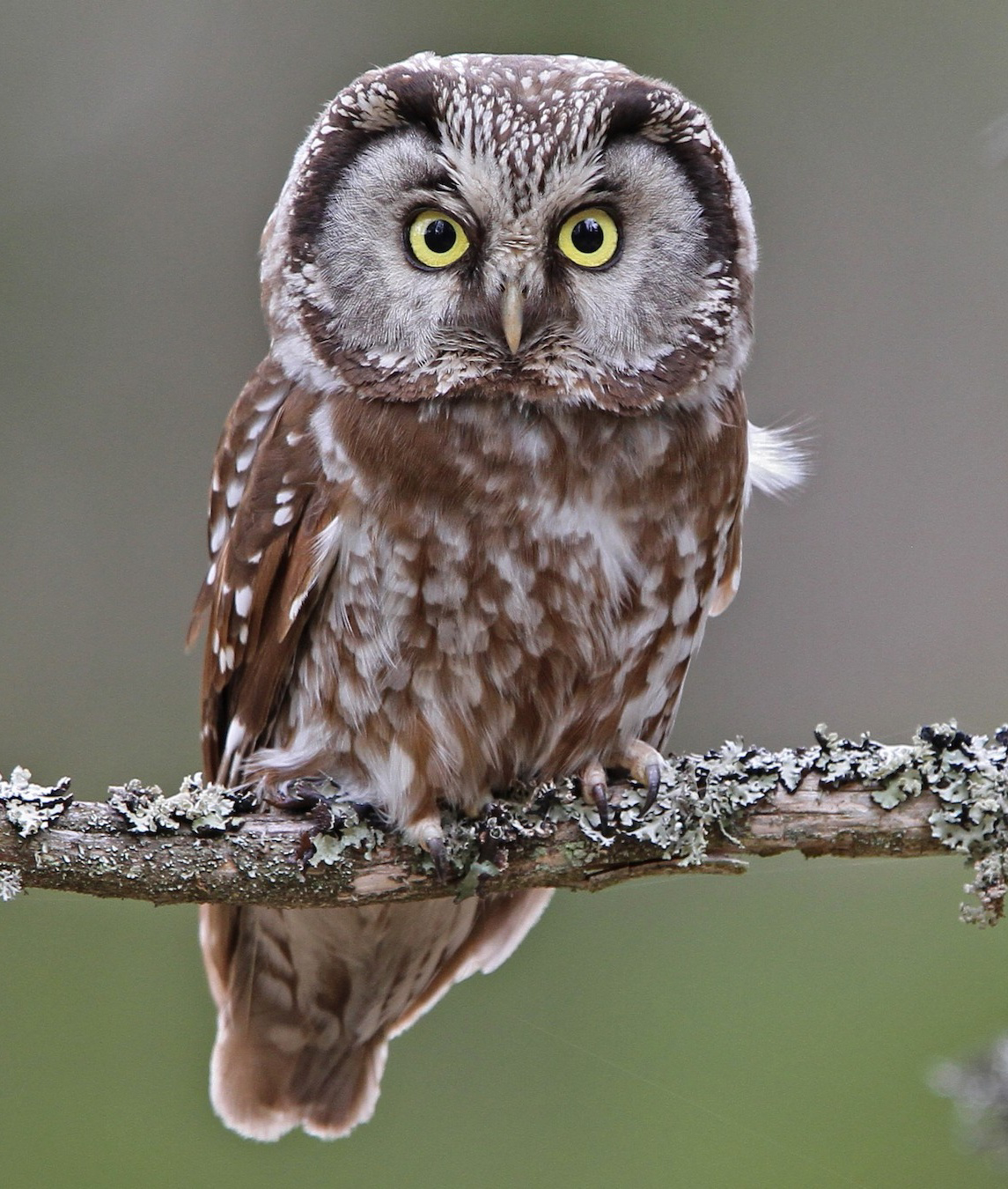
I guess birds are pretty different in Brittany and Provence.
Funny thing, I just check the wikipedia page for owl and the english owl page is linked to the french page for nocturnal birds of prey. While the page for chouette and hibou have correspondence in other languages but not in english.It’s fun to see what things end up getting confused in translation! This turned out to be a fun topic.
These are the things I like being reminded of. I haven’t been anywhere far out of the US just because it is so big, so I forget that most other places are still equally as diverse in climate and forest/grassland/mountains. That is over if the big things I like about following wildlife and ecology posts. It helps me feel closer to the places I might not ever see.
The earth is a crazy place. Some space like the US has the same climat for hundreds of kilometers and other like France have lots of different small climates in a place big like one US state…
Yet both have owls (^_^)
I found the sheet music for the song and printed it. I’ll have to try and learn to play it.
